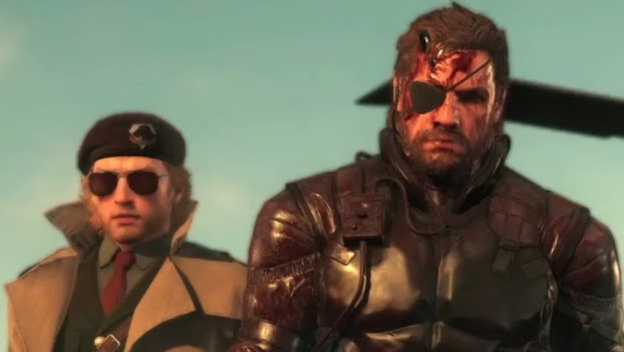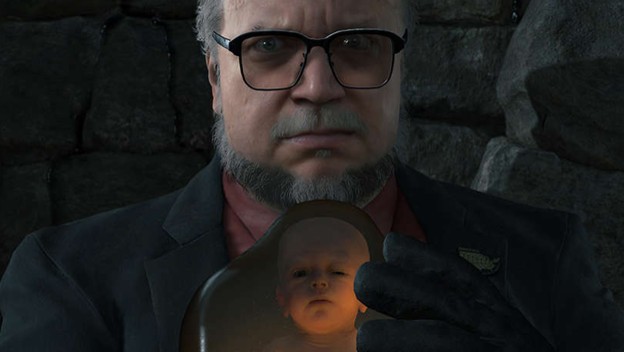We’ve seen a lot more of Death Stranding lately. Hideo Kojima’s first project since departing longtime publisher Konami, the game’s been in development for a long time, and as we approach release, we’re getting a much better sense of what the game actually is. Every time we see something new, though, a little inkling of thought creeps into mind: was Konami right?
Konami, of course, is a longtime purveyor of games and pachinko and health clubs, and about the time Kojima left the company, we learned a lot about its many, many corporate flaws. Both sides, it seemed, made things messy in the aftermath. But that’s not the part we’re talking about right now. No, right now we’re talking about how, according to a lot of reports, Konami regularly sought to “rein in” Kojima, making a more marketable game at the expense of the auteur’s grand vision. We certainly saw a lot of Kojima’s voice, for better or worse (and often better), in the Metal Gear Solid series. But the creator wanted to do more than they were letting him do, and that was a significant factor in his exit.
So Death Stranding is, essentially, the game Konami wouldn’t let Kojima make. It has exactly the sorts of things you’d expect, but in much larger number: cameos and bit parts from all sorts of real-world personalities Kojima likes, a peculiar treatment of women and children, a narrative with a sense of mystery and tension that borders on inscrutable. It’s cinematic and ambitious and intense.
And it’s been fascinating to follow. If you’re really into the scene, the announcement and reveal theatrics have been a real sight to see, and even just figuring out what’s going on along the way has been worth the project’s existence. But what about… normal people? Those who play games and just walk into a game store and see it? To truly get the game (from what we know now, at least), you may need to have a deeper sense of Kojima’s favorite old movies and have seen the ten preceding trailers and know the inside story of his departure from Konami. You may need to understand his views on game storytelling and compensate for his weakness in portraying those less like him. You may need to know who Geoff Keighley is.

While those are fun factors for the sort of people who would, well, be reading this right now, it’s definitely more of a problem for the much less fervent group of players who make up most of the audience. So maybe Konami was right for looking out for them and keeping Kojima at least a little bit in check? An eye on marketability is generally seen as a bad thing for a game’s quality and overall artistic merit, but maybe in this one way (and perhaps only in this one way, which is a point that shouldn’t be understated), Konami was looking out for its employees by making sure the game wasn’t totally inscrutable and inaccessible and instead a product that would sell a lot of copies and do a better job of earning back its production budget.
Projects like Metal Gear Survive show that Konami’s better with Kojima, but are we about to find out that Kojima’s better with Konami? We’ll have to actually play it to find out, but it’s something that seems increasingly possible.
